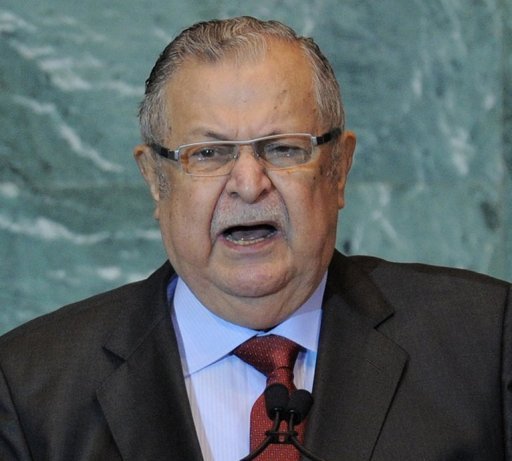There are around seven to eight million Egyptians living abroad; more than 74 percent of them are living in Arab countries while 26 percent are living in Western countries, including Australia and New Zealand.
The remittances of Egyptians abroad is an important asset to the economy of Egypt. According to a new report by the Central Bank of Egypt, remittances of Egyptians abroad increased from 9.8 billion USD in the fiscal year 2009/2010 to 12.6 billion USD in 2010/2011. Despite their contribution to the economy of their origin, Egyptians abroad are still denied voting in the elections that take place in Egypt.
The demand for the right of Egyptians abroad to vote in their country of origin’s elections is not new. The issue of being able to vote from abroad has been a lost battle for years. In a study I carried out in 2008, one of the main issues raised was the right of Egyptians to vote in the elections that take place in Egypt as a citizenship right regardless of their current place of residence since they still hold the Egyptian nationality. Moreover, a great proportion of Egyptians abroad are not permanent residents in their current countries of destinations, especially those who work in the Arab countries; they sooner or later will return to Egypt.
Early last April, as part of amendments to the political participation law, the Cabinet of Ministers announced that Egyptians living overseas would be allowed to vote in presidential elections and public referendums at Egyptian consulates. Since then, no serious steps have been taken towards the implementation of this announcement. While the dates of the parliamentary elections are now determined, still the date of the presidential elections to be confirmed and the exact fate of the votes of Egyptians living abroad is yet to be determined.
While expatriates may comprise nearly ten percent of the nation’s total population, they do not necessarily represent a single voting bloc. Votes from abroad, I feel, are not going to have a noticeable impact on the results as they will only reflect the same differences as Egyptian society at home. I also expect the participation to be very low, as the elections will take place, if the expatriates allowed to vote, in the main cities and provinces where embassies and consulates are located. Many of the expatriates living in Arab countries come from the working class and might not have the means to travel to vote or even might lack interest in doing so.
It is a demand to have the participation available, but the numbers will be very low. The subject should not be blown out of proportion. In my opinion it is a very emotional matter and symbolic, at least in the current round of elections.
One may judge that people living in the Gulf are more likely to be influenced by the more conservative ideologies such as Wahabism. In Western countries, I believe that about half of the expatriates are religiously conservative and the rest hold more liberal or secular views.
Even setting aside religion, one would be cautious against making assumptions about the political views of expatriates. Egyptians abroad, sometimes, tend to be more conservative than the ones who live in the country, simply because a significant proportion of them, especially old generations, are living in a time capsule from the time that they left Egypt.
With respect to enabling Egyptians abroad to vote in the parliamentary elections, I think that it won’t be possible to let people vote in parliamentary elections from abroad due to the challenges of assigning them to geographical electoral districts. They don’t have a residency in Egypt and even if they do, they won’t benefit from electing a person. In my opinion, voting abroad is a right but [only] when the country is only one electoral circle, which is the case in the presidential elections.
Finally, voting is a right, not a gift from the ruling regime, and Egyptians abroad should not be denied enjoying their rights.
Dr. Ayman Zohry is an expert on migration studies. He can be reached by email at [email protected]


